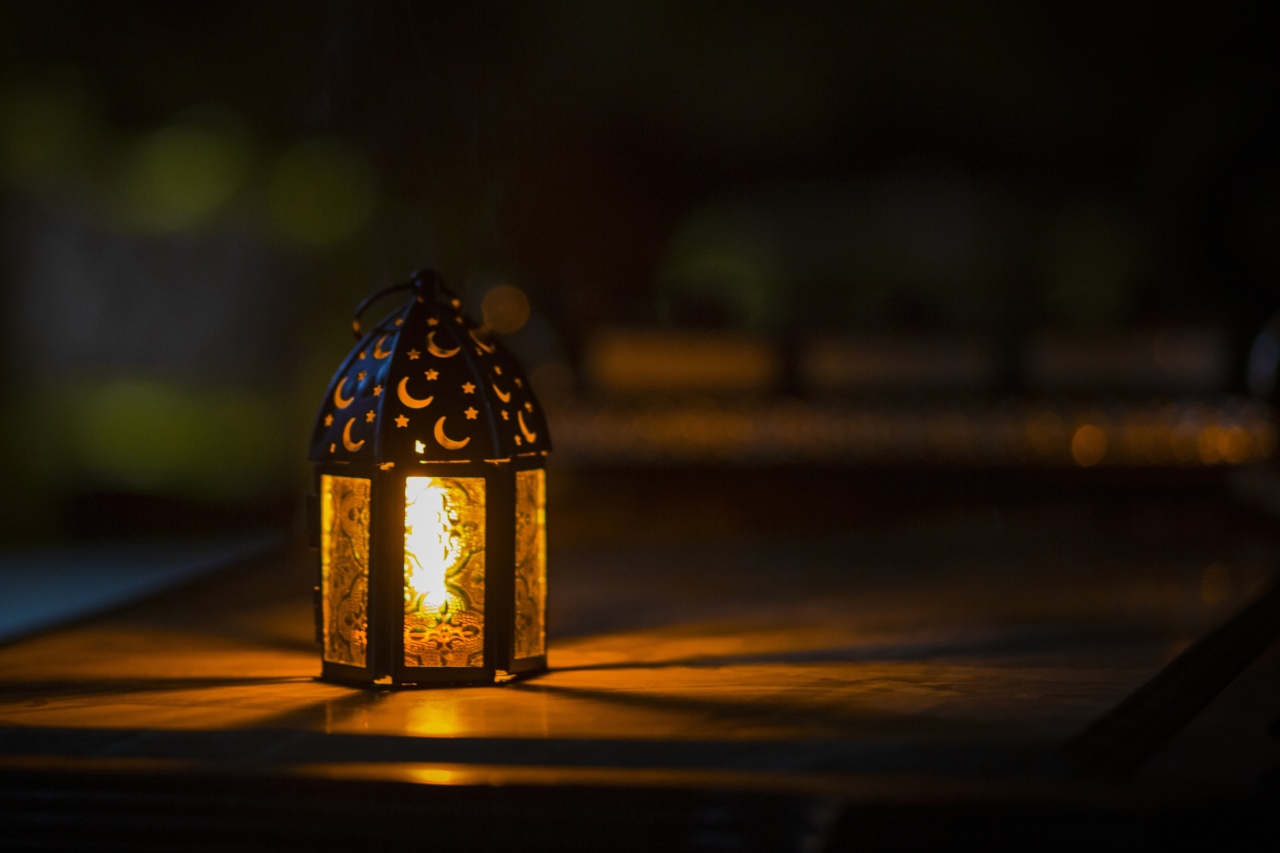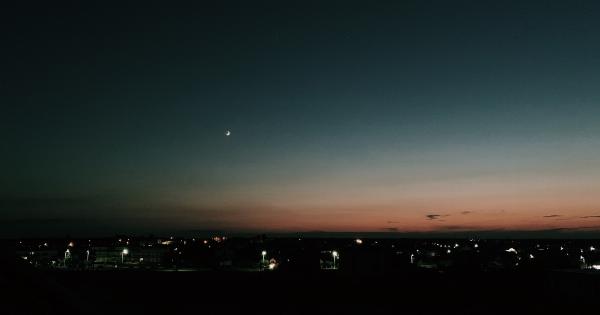Light has the ability to impact our sleep in ways that we may not even realize. Even the smallest amount of light can have a profound impact on our ability to fall asleep and stay asleep.
One of the biggest culprits of light disruptions while we sleep is the lit light. In this article, we will explore just how much the lit light bothers us and what its impact really is on our sleep.
The Science behind Sleep and Light
Before we dive into the specifics of the lit light, it’s important to understand the science behind sleep and light. Our bodies have a natural sleep and wake cycle that is regulated by our internal clock.
This clock, which is located in the hypothalamus of our brain, responds to light and darkness.
During daylight hours, the clock sends signals to our brain that help us stay alert and awake. As the day turns into night and darkness sets in, the clock begins to signal to our brain that it’s time to wind down and prepare for sleep.
This is why it’s recommended to avoid bright lights and electronic screens before bed, as they can interfere with our internal clock and disrupt our sleep cycle.
What is the Lit Light?
The lit light refers to any type of light that is present in our sleeping environment. It can come from various sources, including streetlights, cars passing by, televisions, computers, and even the small light on a charger or power strip.
While these may seem like insignificant sources of light, they can actually have a significant impact on our sleep.
How Much Does the Lit Light Bother Us?
How much the lit light bothers us can vary from person to person. Some people are more sensitive to light than others, which means that even a small amount of light can be disruptive to their sleep.
Others may not notice the lit light at all, or they may be able to sleep through it without any issues.
One study found that exposure to light in the bedroom, even at low levels, was associated with a higher risk of insomnia.
Participants who slept in environments with more light exposure reported worse sleep quality overall, including shorter sleep duration and more sleep disturbances throughout the night.
Impact on Sleep
So, what is the impact of lit light on our sleep? The main issue with the lit light is that it disrupts our natural sleep cycle. As mentioned earlier, our bodies respond to darkness by preparing for sleep.
When there is light present in our environment, it can interfere with our internal clock and prevent us from getting the restful sleep we need.
Studies have shown that exposure to light during the night can suppress the production of melatonin, a hormone that helps regulate our sleep-wake cycle. This can make it harder for us to fall asleep and stay asleep throughout the night.
Even the small amount of light that comes from a charger or power strip can be enough to disrupt our sleep.
How to Minimize the Impact of Lit Light on Sleep
While it’s not always possible to eliminate all sources of light in our sleeping environment, there are steps we can take to minimize their impact on our sleep:.
- Use blackout curtains or blinds to block out outside lights.
- Avoid using electronic devices before bed, or use devices with a night mode that eliminates blue light.
- Keep electronic devices or appliances with lights out of the bedroom.
- Use a sleep mask to block out any remaining light.
- Choose a dim nightlight with a red or orange hue, which is less likely to disrupt sleep than other colors.
Conclusion
While the lit light may seem like a minor issue, it can have a significant impact on our sleep. Exposure to light during the night can disrupt our natural sleep cycle and make it harder for us to get the restful sleep we need.
By taking steps to minimize the impact of lit light on our sleep, we can improve our overall sleep quality and feel more rested and refreshed each day.






























